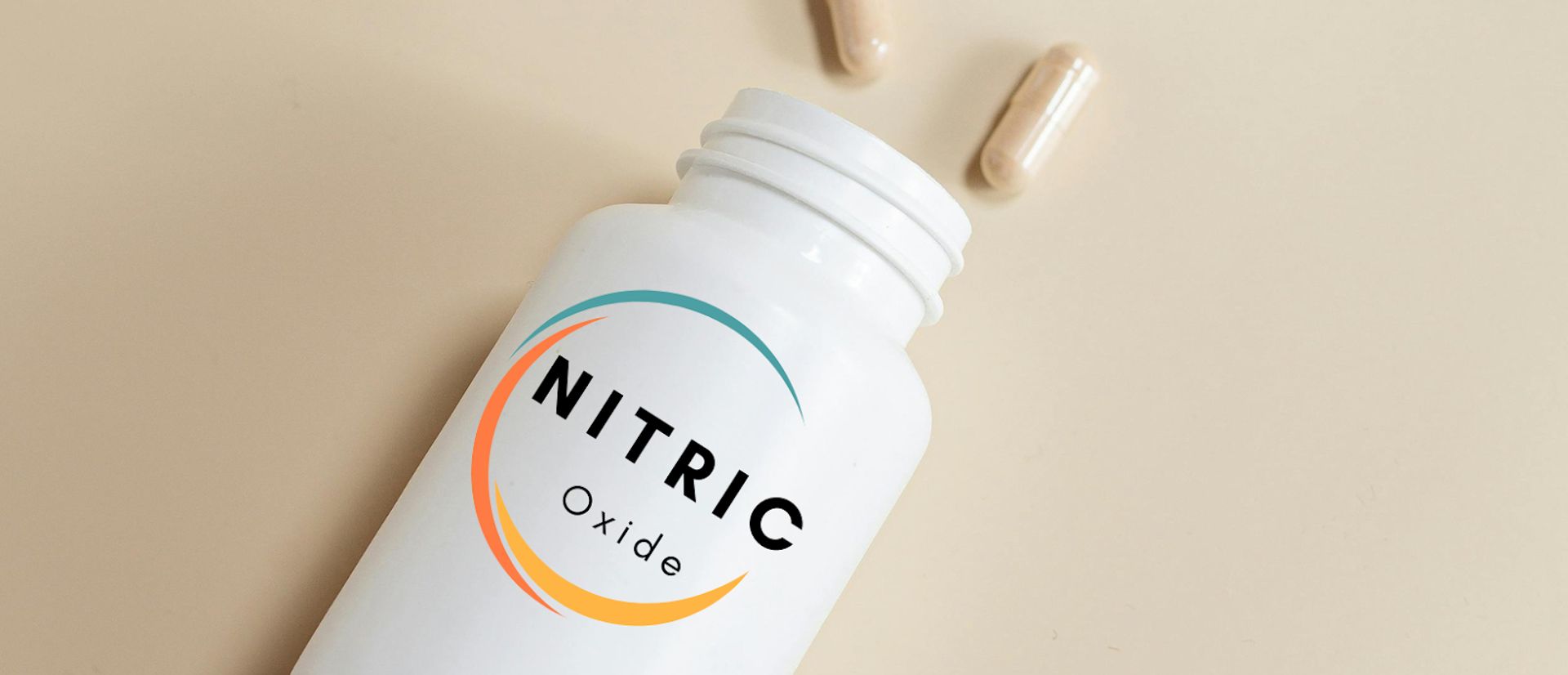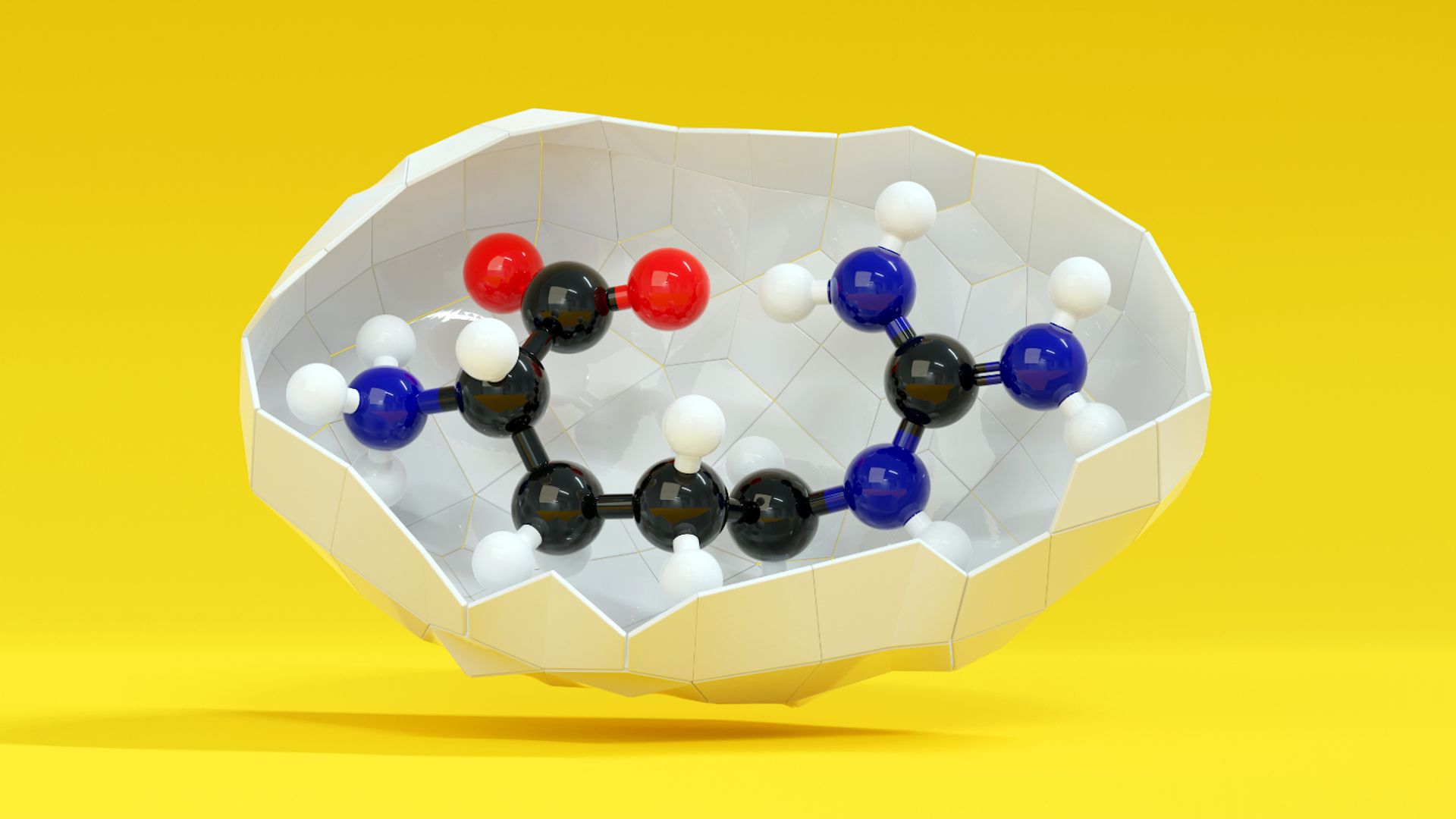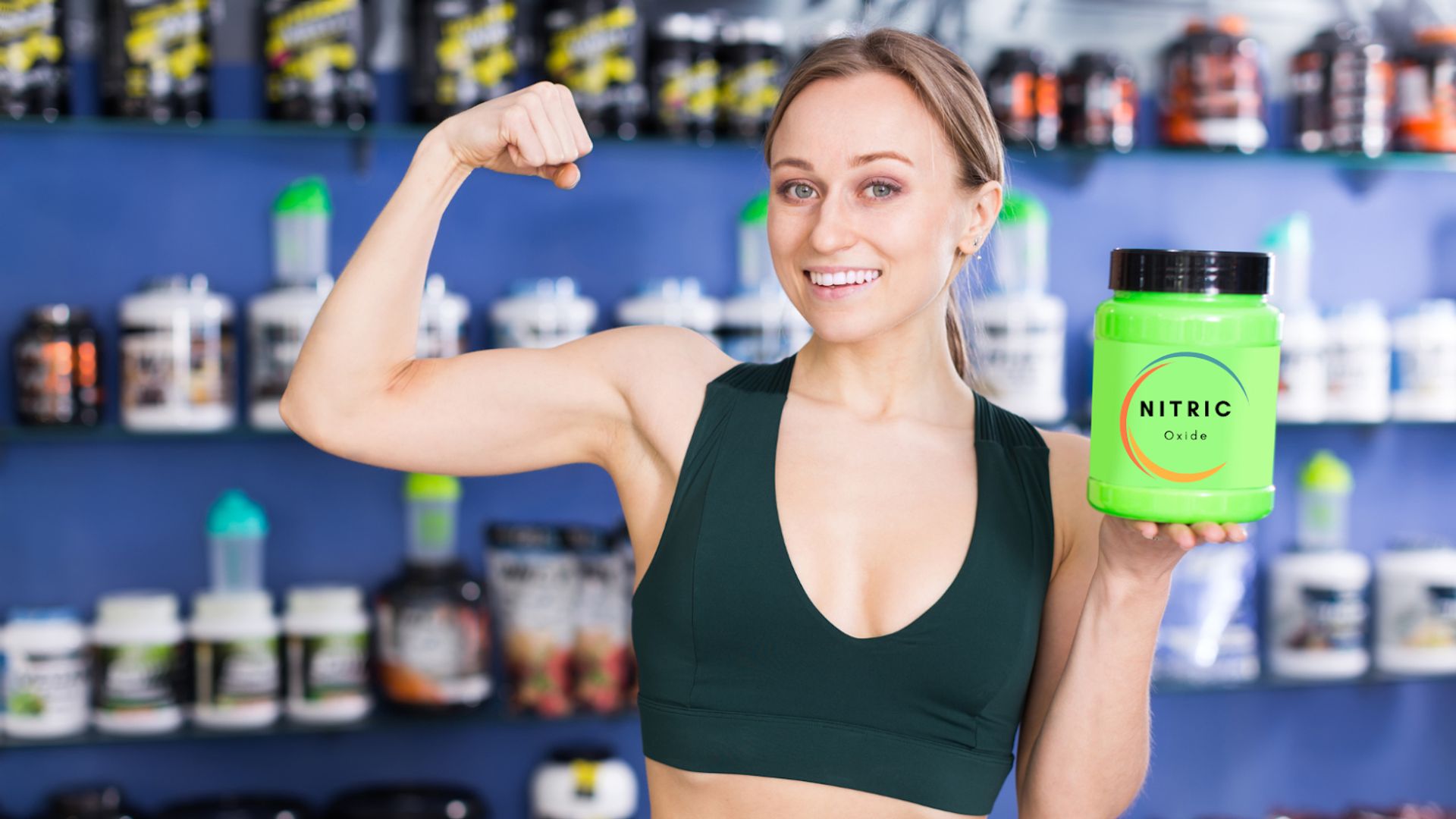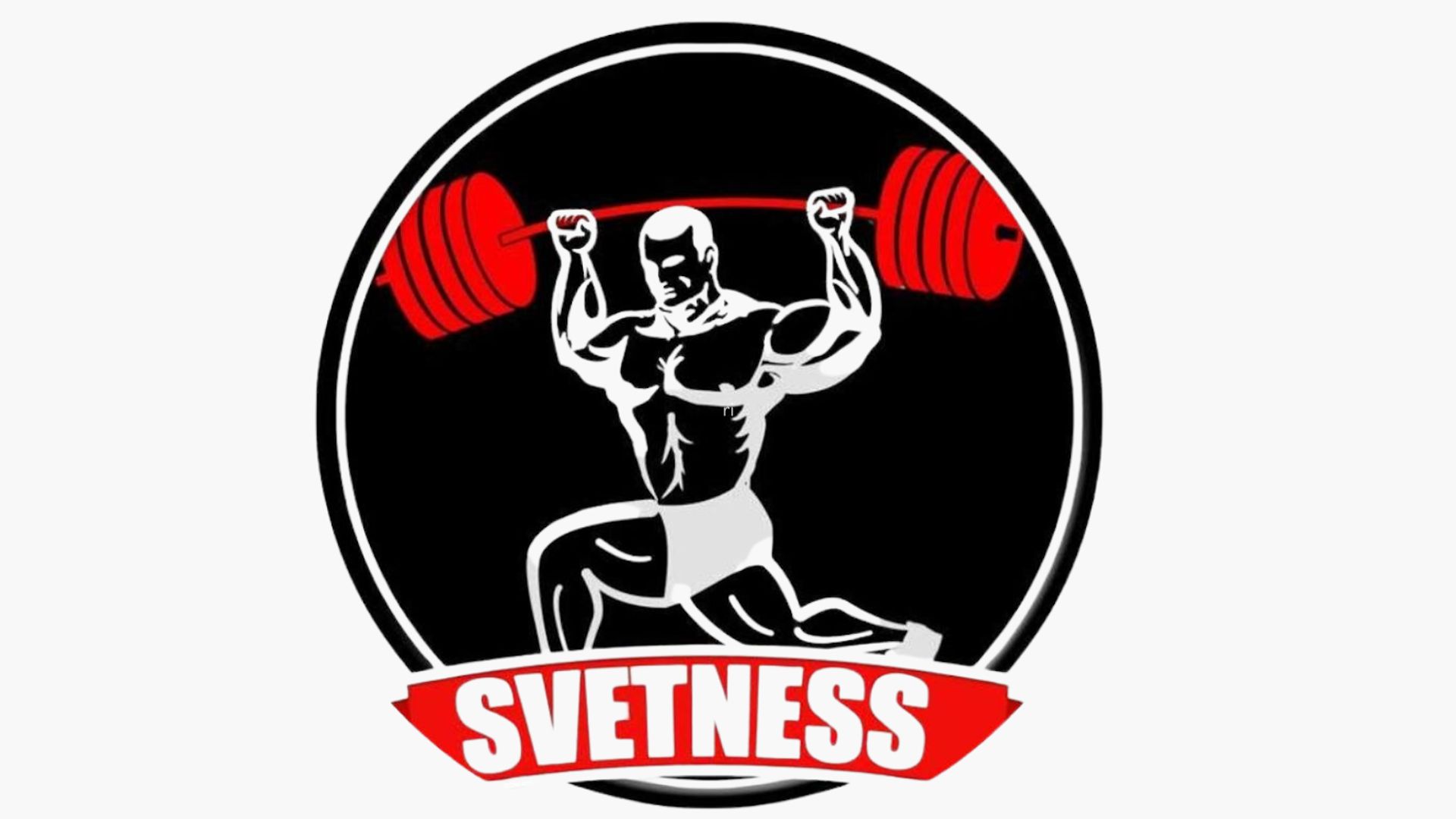
What’s the Deal With Nitric Oxide Supplements for Fitness?
Curious about nitric oxide supplements and how they can impact your fitness performance? This guide explores what they are, how they work, and whether they’re worth adding to your training routine.
Fitness supplements have been around for decades. However, with the rise of social media workout content, these so-called “bio-hackers” have gained newfound popularity among millennials and Gen Z viewers.
If you’ve spent any time researching these supplements, especially those tied to athletic performance, you’ve likely come across nitric oxide supplements.
They’re usually presented as must-haves for enhancing endurance, increasing strength, and producing that coveted post-workout “pump.” But while they’re popular in the fitness world, not everyone understands what they do or how they work.
Nitric oxide is not something you eat, nor is it an ingredient you’ll find listed on a nutrition label. It’s a molecule your body creates, and it plays a huge role in cardiovascular function and blood flow.
Supplements designed to boost nitric oxide work by supplying the raw materials your body needs to produce more of it naturally.
But, are they worth adding to your fitness routine, or are they just another marketing scheme?
This blog explores what nitric oxide actually is, what ingredients help stimulate its production, how these supplements impact physical performance, and whether they’re genuinely useful or mostly hype.
We’ll also examine the real-world benefits, identify who might benefit the most, and discuss how to use them effectively as part of a well-rounded training strategy.
Without further ado, let’s dive into the fascinating world of nitric oxide supplements.
What Nitric Oxide Actually Does in the Body

Before delving into the benefits (and potential drawbacks) of investing in synthetic nitric oxide, it is essential to understand the science behind it.
In short, nitric oxide is a gas that your body produces naturally. Although it may not sound impressive at first, it plays a crucial role in several key functions, particularly those related to blood flow and vascular health.
How Nitric Oxide Supports Blood Vessel Function
The primary function of nitric oxide is to relax and widen blood vessels, a process known as vasodilation.
Relaxation allows for increased circulation throughout the body. When blood can move more freely, it delivers oxygen and nutrients to muscles more efficiently, especially during exercise.
This mechanism is crucial for endurance athletes, strength trainers, and individuals seeking to enhance recovery between sessions.
Nitric Oxide and Exercise Performance
When your muscles receive more oxygen and nutrients during a workout, they’re able to work harder for longer. At the same time, improved circulation helps remove waste products like lactic acid more quickly, delaying fatigue and reducing muscle soreness afterwards.
Thanks to this process, you feel stronger during a session but also recover faster between sets and from day to day.
Nitric Oxide Beyond the Gym
Contrary to popular belief about workout supplements, the benefits of nitric oxide production aren’t limited to athletes.
Proper nitric oxide levels are linked to reduced blood pressure, improved cognitive performance, and even enhanced sexual function due to better blood flow.
For people over 40, nitric oxide production naturally declines, which is one reason these supplements are sometimes marketed to older adults as well as athletes.
The Science Behind Nitric Oxide Supplements

Understanding how nitric oxide supplements work requires a closer look at what’s actually inside them. These products don’t contain nitric oxide itself. Instead, they’re formulated with compounds that your body uses to produce more of it.
L-Arginine and Its Limitations
One of the first ingredients used to promote nitric oxide production was L-arginine.
This amino acid is a direct precursor to nitric oxide in the body. Theoretically, taking more L-arginine should boost nitric oxide levels and improve blood flow. But in practice, the results have been inconsistent.
For starters, L-arginine is poorly absorbed in the digestive tract for many people, and much of it is broken down before it can be converted into nitric oxide.
Some studies have shown modest benefits in trained athletes, while others have found no significant improvement. For this reason, it has fallen out of favor compared to newer ingredients that offer more reliable results.
Why L-Citrulline Is Now the Go-to
L-citrulline is another amino acid that your body converts into L-arginine, which is then used to make nitric oxide. The main difference is that L-citrulline is absorbed more efficiently, making it a more reliable method for increasing nitric oxide levels in the bloodstream.
Research supports its ability to enhance endurance, reduce muscle soreness, and improve performance in high-intensity workouts. Many top-rated pre-workout supplements now include L-citrulline, often in the form of citrulline malate, which may also help reduce fatigue.
Beetroot and Natural Nitrate Sources
Another effective way to promote nitric oxide production is through dietary nitrates.
Often found in vegetables like beets, arugula, and spinach, these compounds follow a different pathway to produce nitric oxide. When you consume nitrates, they’re converted to nitrites by bacteria in your mouth, and then into nitric oxide in the bloodstream.
Beetroot extract and beet juice have been extensively studied, particularly among endurance athletes. Several studies have shown that regular beetroot supplementation can reduce the oxygen cost of exercise, allowing you to maintain a higher intensity for longer with less fatigue.
Supportive Compounds and Antioxidants
Because nitric oxide is a short-lived molecule, some supplements include antioxidants like vitamin C, polyphenols, or pomegranate extract to stabilize and extend its effects.
These ingredients don’t directly boost nitric oxide, but they help reduce the breakdown of NO in the bloodstream, thereby enhancing its overall impact.
Potential Fitness Benefits of Nitric Oxide Supplements

Many of the benefits associated with nitric oxide supplements are related to their impact on blood flow and muscle function. The following areas are where users most commonly report improvements:
Enhancing Muscular Endurance and Stamina
For athletes and gym-goers focused on stamina, nitric oxide plays a valuable role.
By promoting better oxygen delivery to the muscles, these supplements help reduce the amount of effort required to maintain a given level of output. That means you may be able to push through longer runs, higher rep ranges, or more challenging circuits without feeling drained as quickly.
Several clinical studies using beetroot juice and L-citrulline have shown visible improvements in endurance performance.
While the extent of the benefit may not be massive, even small gains in stamina can make a noticeable difference over time, especially for intermediate and advanced athletes.
Improving Strength and Resistance Training Output
The increased blood flow brought on by nitric oxide may also support strength training.
While it doesn’t directly build muscle, it can enhance the pump, which is the temporary expansion of muscle volume caused by blood rushing into the tissue. This pump isn’t just cosmetic; it improves nutrient delivery and can help you establish a stronger mind-muscle connection during lifts.
Some users also report faster recovery between sets. With improved circulation, waste products such as carbon dioxide and hydrogen ions are cleared more efficiently, enabling muscles to perform more consistently across multiple sets.
Supporting Recovery and Reducing Soreness
One of the subtler but valuable benefits of nitric oxide supplementation is improved post-workout recovery.
As circulation increases, nutrients and oxygen continue to feed the muscles even after your workout is over. At the same time, inflammation may be reduced, leading to less stiffness and soreness the following day.
In one study, athletes who took L-citrulline reported significantly less muscle soreness 24 and 48 hours after intense training compared to a placebo group. While more research is needed, this suggests nitric oxide may play a role in shortening recovery times and improving training consistency.
Supporting Recovery and Reducing Soreness

Despite their popularity, nitric oxide supplements are not a one-size-fits-all solution. Several factors can affect whether they’re a good fit for your routine.
Individual Response Varies
As with any supplement, results can vary. Some people respond quickly and noticeably to nitric oxide boosters, while others experience little to no effect at all. Baseline diet, genetics, gut health, and activity level all influence how your body processes and converts the active ingredients.
It’s a good idea to track how you feel over several workouts when introducing a new supplement. Are your workouts more consistent? Is recovery improving? Is stamina noticeably different? Without some form of feedback loop, it’s hard to know whether it’s worth continuing.
Quality and Dosage Matter
Not all nitric oxide supplements are equally powerful. Many products include flashy labels but underdose their key ingredients.
For example, the effective dose of L-citrulline is typically 6 to 8 grams; however, many pre-workouts only include 1 to 2 grams, which is far too low to make a noticeable difference.
Third-party tested products and brands with transparent labeling are always the best bet.
Avoid proprietary blends that don’t list ingredient amounts, as they make it impossible to evaluate what you’re really getting.
Potential Side Effects and Cautions
For most people, nitric oxide supplements are safe when taken as directed.
However, individuals with low blood pressure or those taking medications that affect circulation should be cautious. Over-supplementation can also cause headaches, dizziness, or gastrointestinal discomfort in some users.
It’s also worth noting that nitric oxide’s effectiveness can be reduced by using antiseptic mouthwash. Because part of the NO conversion process happens in the mouth via bacteria, frequent use of antibacterial mouth rinses may lower the benefits of dietary nitrate-based supplements.
How Nitric Oxide Fits Into a Larger Training Routine

Nitric oxide supplements should never be viewed as a substitute for a well-structured fitness plan. Their benefits are most noticeable when they support an already consistent program that includes strength training, cardiovascular work, proper nutrition, and adequate rest.
Timing and Stacking With Other Supplements
For best results, nitric oxide supplements should be taken 30 to 60 minutes before exercise.
Many people take them alongside caffeine-based pre-workouts, which can further boost focus and perceived energy. Some combine them with creatine, electrolytes, or amino acids for a more comprehensive workout stack.
As always, monitor how your body responds when combining products and ensure you’re not exceeding safe levels of any individual ingredient.
Supporting Recovery With Lifestyle Adjustments
While supplements can play a role in enhancing performance and recovery, so can proper movement, adequate sleep, and sufficient hydration. This is where support from a personal trainer or coach can make a noticeable difference.
Trainers can help identify what areas of your recovery routine might be lacking and how to fine-tune your pre- and post-workout habits to better support your body. Moreover, they can create a customized at-home training plan tailored to your needs and goals, and incorporate the supplements you actually need into said plan.
A common mistake is assuming that soreness or sluggishness in the gym can be solved with a pill. More often than not, the fix lies in how your training plan is structured and how well your body is being cared for between sessions.
In-Home Personal Training as Part of the Solution
For many people, convenience and consistency are the biggest barriers to success. That’s where in-home personal training can offer a much-needed advantage.
Working with a trainer who meets you in your own environment can help tailor your workouts, refine your recovery strategy, and guide you in using supplements effectively.
Instead of guessing whether nitric oxide is the answer to your energy slump, you can work with someone who understands how your sleep, stress, and movement patterns all connect.
With that kind of personalized support, supplements become tools, not random expenses.
Final Thoughts
Nitric oxide is more than a fitness buzzword.
At its core, it’s a powerful molecule that influences circulation, endurance, and recovery. While your body naturally produces it, some people may benefit from supporting this process through well-formulated supplements.
If you’re looking to improve your stamina, reduce muscle fatigue, or speed up post-workout recovery, nitric oxide supplements may be worth considering. Just make sure they’re used as part of a bigger strategy, i.e., one that includes thoughtful training, adequate sleep, proper nutrition, and hydration.
With the right foundation in place, even minor adjustments to circulation and performance can lead to significant progress over time.
And if you’re not sure where to start, consider seeking support from a fitness professional who can guide you through building a routine that actually works for your goals.
Frequently Asked Questions
Do nitric oxide supplements actually work?
They can, especially when dosed correctly and used before workouts. Most benefits come from improved blood flow, better oxygen delivery, and reduced fatigue during training.
Are nitric oxide supplements safe for daily use?
For most healthy individuals, yes. However, individuals with cardiovascular conditions or high blood pressure should consult a doctor before starting.
What foods help boost nitric oxide naturally?
Beets, spinach, arugula, celery, and other leafy greens are rich in natural nitrates. These foods support nitric oxide production through the nitrate-nitrite pathway.
Should I take nitric oxide with my pre-workout?
Yes, many people combine nitric oxide ingredients, such as L-citrulline, with traditional pre-workouts for enhanced focus, improved blood flow, and improved performance.
Start your Svetness journey today
Get a free consultation and see how our trainers can transform your wellness journey.





